Even though it is believed that narcissism is found predominantly in men, the truth is women can also be narcissists, and they can be equally dangerous and can also play the same games like their male counterparts.
Female narcissists may be statistically uncommon, but highly dangerous.
Narcissism, like other mental illnesses or personality issues, is not confined to one gender or sexual identification. Although narcissism is prevalent in men, it is found among women as well. Per the American Psychiatric Association (2013), 50-75% of those diagnosed with narcissistic personality disorders are male.
Narcissistic Personality Disorder is incredibly hard to diagnose as it can easily be confused with other personality disorders with similar traits. Antisocial disorder, which is predominant in males, and borderline personality disorder, which sees females diagnosed 75% of the time, are two other mental illnesses classified with narcissism as Cluster B Personality Disorders (APA, 2013).
Narcissistic Females Are As Damaging And Polarizing To Relationships As Are Their Male Counterparts.
Despite the similarities, women are not as widely discussed as male narcissists. Freud (1914) strongly believed that women were more narcissistic than men and in 1985 Irene Philipson researched the “disproportionate representation of men” as narcissists.
She argued that the term is applicable to both genders as both a personality type and mental illness and the gender bias must be addressed by the psychological and psychiatric fields. However, as recently as 2015, a study by University at Buffalo again reinforced the gender gap of narcissism. Regardless of age, men consistently scored higher than women in narcissistic traits (Grijalva et al, 2015).
Just because research shows males are more narcissistic than females, this doesn’t mean men don’t suffer at the hands of narcissistic women. The abuse that women report from their narcissistic romantic male partners is the same pain that men feel when the tables are turned. An individual can exhibit narcissistic traits but not be diagnosed as narcissistic. (NOTE: *In the voluntary interview responses below, neither woman was officially diagnosed as having NPD.*)
Related: 7 Signs of A Female Narcissist
Narcissistic individuals are capable of intricate facades and carefully crafted lies no matter their gender. Aaron, 45, considers himself lucky after divorcing his narcissistic ex-wife. After meeting his now-ex, he was impressed with her presentation of being intelligent, accomplished, and physically attractive.
“I fell for the act she put on,” he recalls. Jacob, 60, has been with his narcissistic wife for over 15 years. He, too, was attracted to her “physical draw” and “presumed intellect.” However, once both men were firmly entrenched in the relationships the facades began chipping away.
Both Aaron and Jacob were treated as passive, supporting actors in their relationships. Aaron’s ex-wife was cheating on him throughout the marriage and wouldn’t entertain the thought of a divorce until she was the one who suggested it. “She played with my emotions for a few months until she told me she wanted a divorce, and I gladly said yes,” says Aaron.
Jacob says his wife pushed harder for the relationship than he did, even going so far as to suggest they get married and then – despite no clear proposal or answer – “we were suddenly engaged.”
Both narcissistic wives refused marriage counseling or individual therapy.
Sadly, This Is Common For Narcissists Because They Do Not Believe There Is Anything Wrong With Them.
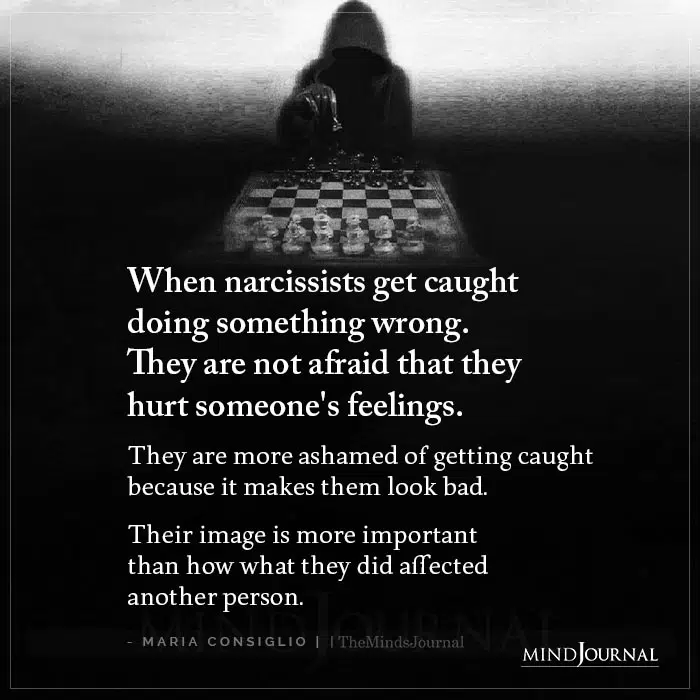
The grossly inflated egos combined with a victim mentality means the narcissist is never at fault.
Jacob’s wife told him “she liked fighting”, and any fight they had “was transformed into an issue that had her at the center as the victim”. According to his wife, Jacob was always wrong, and she never needed to apologize. Whereas Jacob has been involved in therapy and frequently expresses his willingness to communicate with his wife, she refuses to participate and says she “isn’t broken.”
Similarly, Aaron suggested counseling while he was married to his narcissistic ex and even paid for it in full; his ex went to two sessions and said she “didn’t need it.”
A healthy relationship should consist of two people taking equal responsibility for the cultivation of the partnership. Although every relationship will hit roadblocks and painful moments, the bad should not outweigh the good. When one is dating a person with narcissistic traits, however, the bad becomes a way of life, and the good moments are few and far between.
In his book Hardwiring Happiness (2013), Rick Hanson discusses how, mentally, there is never enough good to outweigh the bad. For a relationship to be “worth it,” for example, there needs to be a ratio of 3:1. Three good moments, memories, events, and the like are needed to cancel out just one bad day. In a narcissistic relationship, the good is almost nonexistent and the strength to leave is scarce.
Being in a relationship with a narcissist is a form of psychological abuse. Jacob says he was, and still is, his wife’s verbal punching bag and is the only person in her life treated as such. She broke into his email, is immensely passive-aggressive, and purposely seeks to emasculate her husband.
Aaron recalls that during his marriage, he was not allowed to be sad or show emotion because, if he did, he wasn’t “a real man.”
A qualitative study done by University of Bristol researchers revealed that men who suffer abuse from their partners often stay in the relationship because of depression, a sense of duty, or true concern for their partners. Unfortunately, men also feel they won’t be believed if they say they are being abused.
Says lead researcher Alyson Huntley, “The issue of masculinity is a societal one — men are not expected to be the weak ones. It is a hard stereotype to work against” (in Mathias, 2019).
Related: Histrionic Personality Disorder: How This Type Of Narcissism Works In Women
Psychological abuse encompasses both emotional and mental abuse and results in a myriad of lasting trauma. Anxiety, chronic depression, post-traumatic stress, low self-esteem, mood swings, and unstable emotions can be deeply scarring and difficult to heal. Domestic violence can take the form of physical, emotional, verbal, or financial abuse.
Jacob, for example, finds himself at 60 years old with “no retirement, no savings, and no financial backup.” His wife spent money aggressively over the years and failed to properly handle the finances. “I let her handle the finances to show my trust…I failed in assuming she was working for a future for us.”
Abuse does not need to be physical or result in bruises to be considered painful, and help does not exist solely for women. Aaron was able to divorce his ex-wife and is sharing custody of their daughter.
He limits his conversations and interactions with her and simply focuses on improving himself and raising his daughter. Jacob has “disengaged” from his wife and is working on attaining a legal separation per state mandates.
Help exists, regardless of gender or sexual identification. Contact the National Domestic Violence Hotline at www.TheHotline.org. You can chat with an advocate directly on the website or call the toll-free helpline. Teens and young adults can contact the National Teen Dating Abuse Helpline at LoveIsRespect.org.
* I am deeply grateful to the gentlemen who came forward to share their stories and requested that this issue be made more public. It is never easy, and always terrifying, to come forward and speak out. I wish you all peace and strength.
Written By Kristy Lee Hochenberger Originally Published In Psychology Today
Now that you have an idea about how women behave when they are narcissists, hopefully, you will be able to counter their dirty tricks and not fall for them again. It takes a lot of mental and emotional strength to fight against a narcissist, but don’t give up and don’t let them destroy your life.
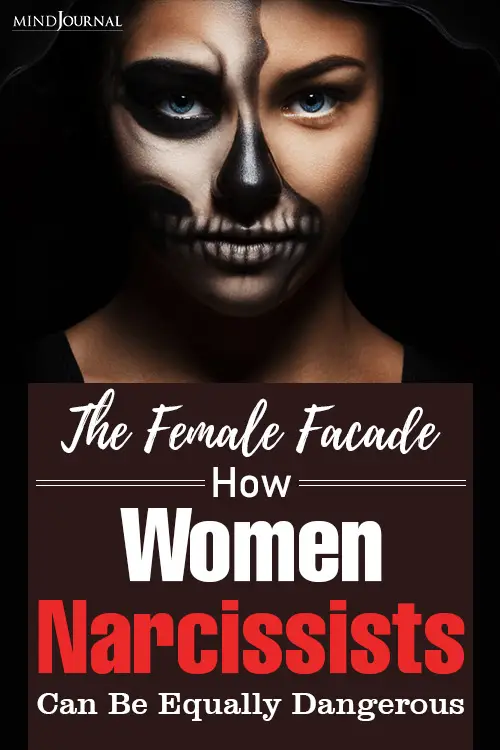
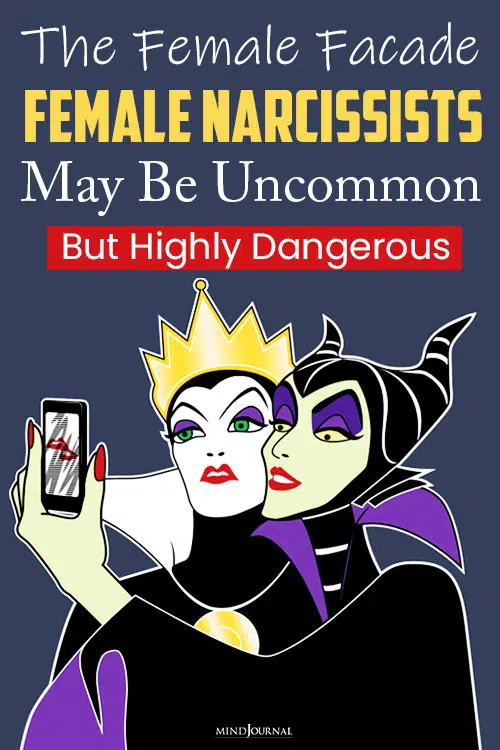
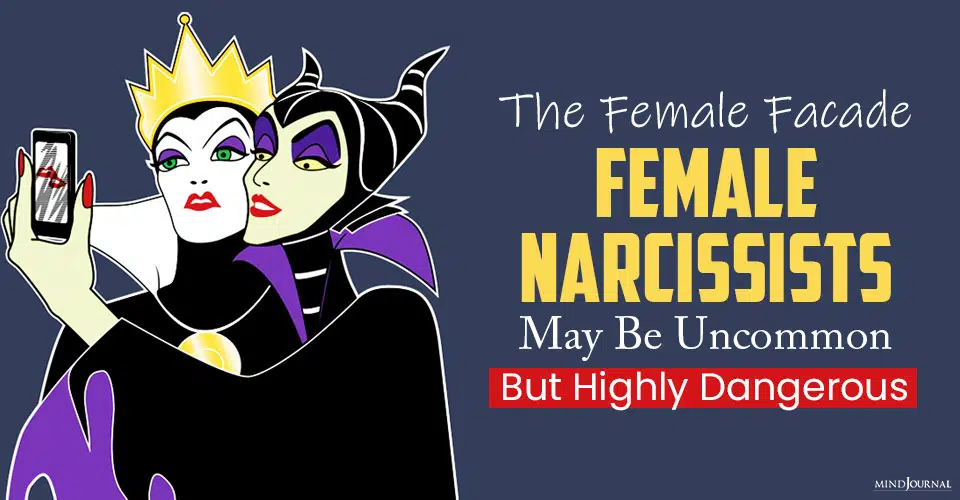
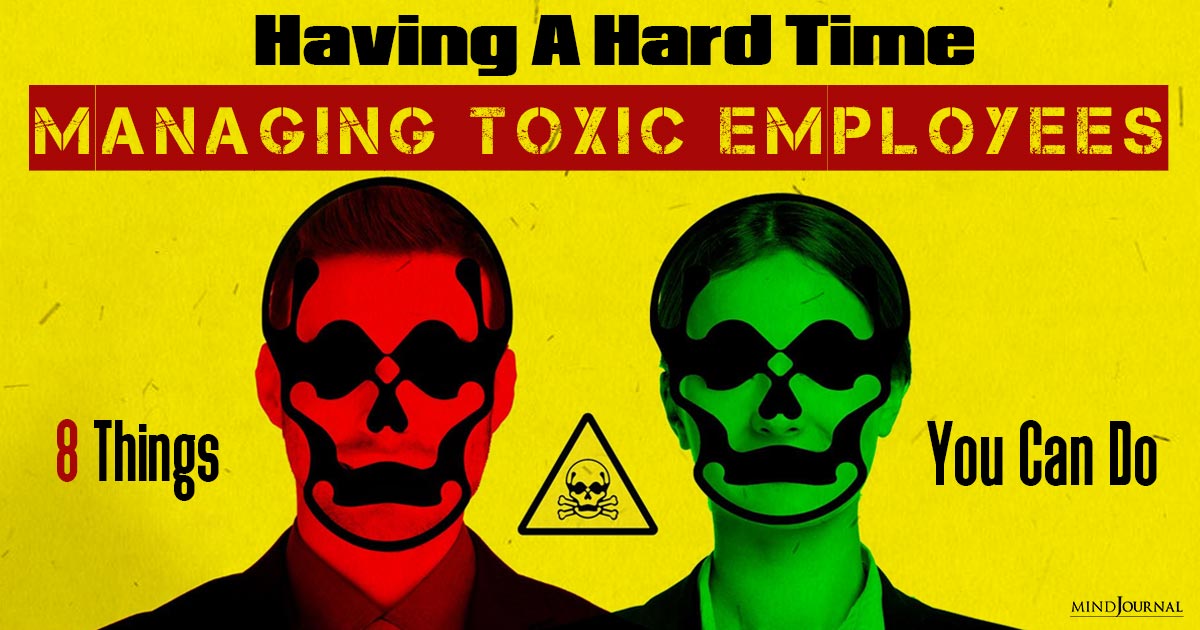






Leave a Reply
You must be logged in to post a comment.